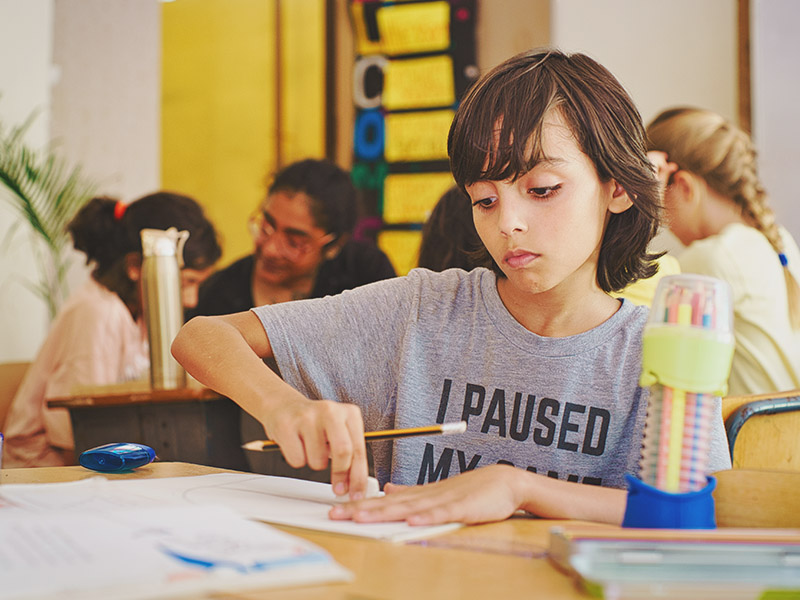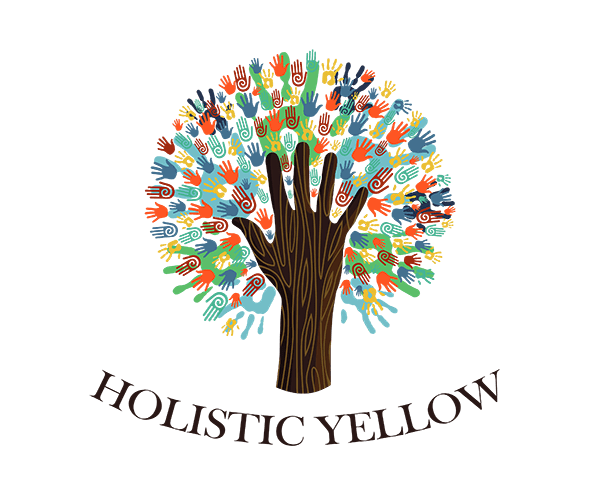Grade-P5
Most subjects at this level have additional components and multifaceted questions that require a specific set of wide-ranging answering skills, and learning concepts. Students at this level will be encouraged to recall what they may have learnt in their previous years, in order to move forward with their learning of english, maths, sciences, and Global perspective.

English
The Grade 5 Cambridge English curriculum focuses on building spelling, text structure, and formal writing skills in students. Through the use of Model, Shared, and Independent writing approaches, students will explore the stories and write their own diary entries, complaint letter, and holiday brochure about the place they visited or about a field trip. The curriculum emphasizes the use of sophisticated vocabulary, multi-clause sentences, and a variety of conjunctions. To engage and inspire students, immersive activities such as bringing in objects, holiday videos, and fact files are incorporated. Additionally, the curriculum provides opportunities for students to collaborate and develop their creativity while honing their writing skills. Overall, the Grade 5 English curriculum is designed to help students become confident and effective writers.
Math
The Grade 5 math curriculum focuses on supporting students to develop a strong foundation in arithmetic, geometry, and measurement, building on what they have learned in previous grades. Using the White Rose Math’s Mastery approach, students will deepen their understanding of place values, fractions, decimals, and percentages, and learn to apply this knowledge to solve real-world problems. They will also learn to calculate the area and perimeter of various shapes, as well as draw and measure angles in addition, students will develop their problem-solving and critical-thinking skills through a variety of activities, including investigations, puzzles, and mathematical games. They will also be supported to feel confident with addition, subtraction, multiplication, and division with larger numbers, Teachers will ensure that students achieve National Curriculum skills and progress even further in their mathematical abilities.
Science
Grade 4 science program, which would cover a range of scientific topics such as gravity, space, the life cycle of flowering plants, the digestive system, and the properties of materials. The curriculum is designed to build on what students have learned in previous grades, with the addition of newer facts and theories. For example, students using the Cambridge curriculum will likely learn about the basic principles of gravity, including how it affects objects on Earth and in space, and how it can be measured and calculated. Students will develop important scientific skills by performing experiments, making observations, and drawing conclusions based on evidence, as well as recording data and results of increasing complexity using scientific diagrams.
Thematic
At this stage, thematic lessons are integrated with Global Perspectives to encourage students to construct informed responses. This involves selecting and organizing relevant historical and geographical information. The topics covered in Thematic are differentiated into themes such as the Mayan Civilization, forests, and myths and legends. Students will be encouraged to carry out research on given tasks. For example, when studying The Mayan Civilization, students may research and present on topics such as Mayan art and architecture and present their findings to the class, or study forests, Students may research and present on topics such as different types of forests and their importance in our ecosystem, or the impact of deforestation on wildlife and their habitats.

Grade-P6
Students are assisted at this stage with the help of regular quizzes, which do not just focus on academics but also general knowledge, amazing discoveries, inspirational content, to excite their minds and tune their mindsets into holistic well being learners.
English
In Grade 6 English, students are encouraged to take ownership of their own learning and set goals for themselves. They are taught to evaluate, edit, revise, and review their own work in order to improve their writing skills and focus on developing critical thinking and communication skills while fostering a love of literature and language. Students practice different types of writing, analyze literary elements, and identify bias in non-fiction texts. They also engage in discussions, debates, and oral presentations to express their ideas clearly and respectfully. For example, students may write a persuasive essay on a current social issue, analyze the characters in a novel, or participate in a debate on a controversial topic.
Math
Grade 6 mathematics builds upon the foundation established in earlier grades, introducing new concepts and skills to prepare students for more advanced mathematical concepts in the future. Students will begin by learning about integers, sequences, expressions, and formulae. They will also learn how to plan and collect data, interpret and construct graphs, and calculate averages and percentages. As they progress through the curriculum, students will explore topics such as symmetry, probability, and time. They will also learn to describe, recognize, and build simple 3-D shapes, including making nets by applying their understanding of geometry, measurements, and scale to design a floor plan of a house or a building.
Science
In Grade 6 Science, students will explore topics such as chemistry, physics, and biology. The curriculum is designed to emphasize inquiry-based learning and encourage students to engage in hands-on, practical activities that develop their scientific thinking skills. In addition to the topics mentioned, students will also explore forces, sound, light, and chemical reactions. They will learn to design and conduct investigations, record and analyze data, draw evidence-based conclusions, and resources such as laboratory equipment, online simulations, and videos will be utilized to support their learning experience.
Thematic
Thematic lessons at this stage integrate with Global Perspectives to encourage learners to construct informed responses by selecting and organizing relevant historical and geographical information. Through exploring topics like Evolution to Extinction, the Silk Road, Indian Trade, and Ancient Greeks and Famous People, students study cultural and economic connections along the Silk Road and the impact of environmental changes on species in Evolution to Extinction. Students develop a deeper understanding of the world around them and its impact on the future. They engage in project-based learning and fieldwork, which helps them develop skills like deductive reasoning, classification, and globalization.
